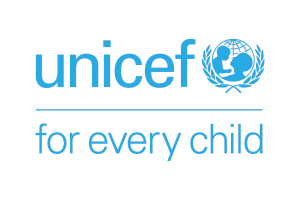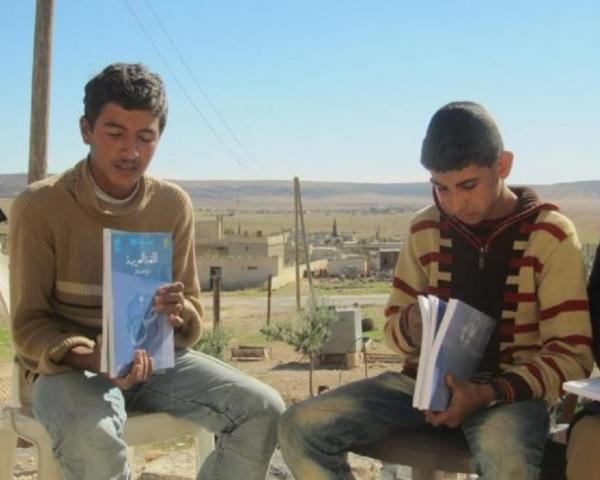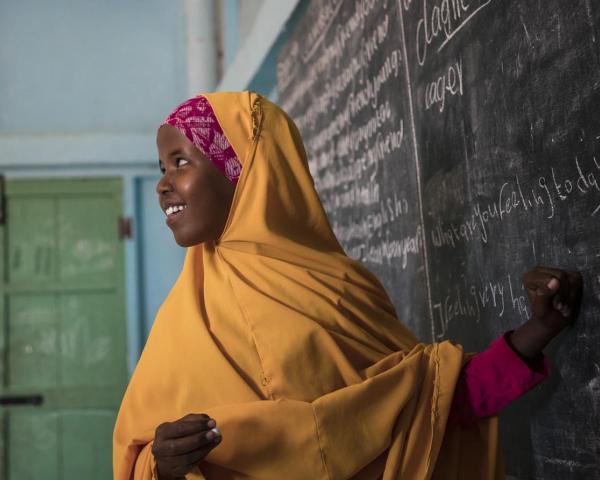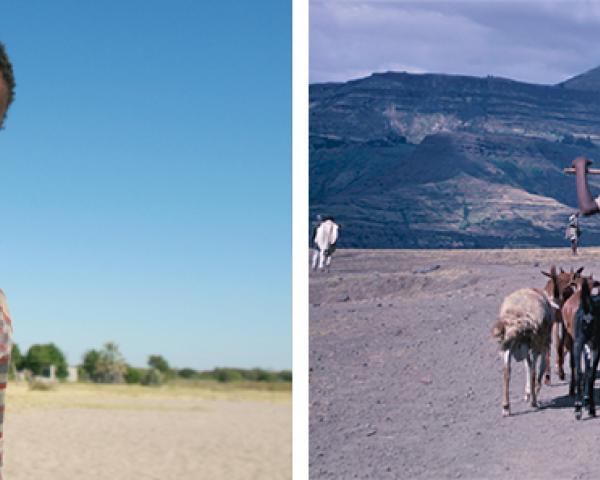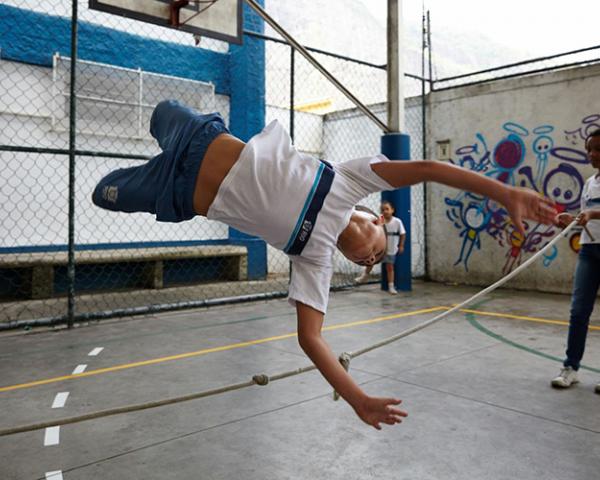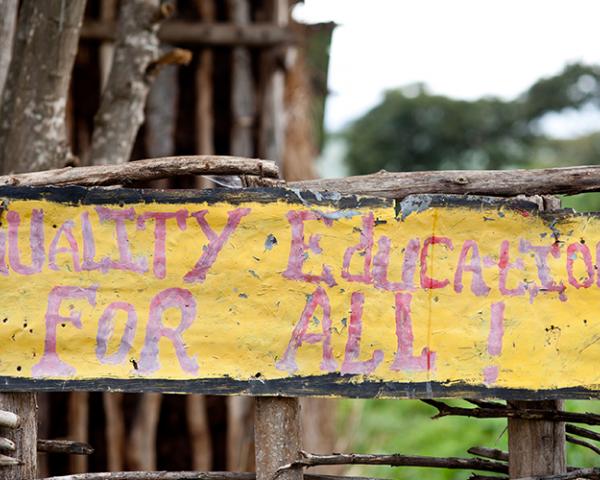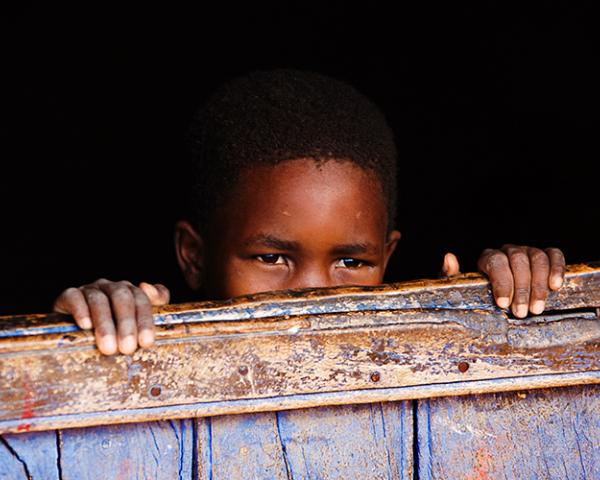Improving Access to Education for OOSC in Sudan
This is being achieved by mixing formal and alternative non-formal education approaches that address a combination of demand and supply factors affecting children’s access to primary education. Localities have been selected, mainly in states with enrolment rates below the national enrolment rate level, based on pre-defined criteria such as the availability of school infrastructure, the support provided by other partners, and community involvement. This project specifically targets vulnerable populations, including girls, nomadic populations, children with special needs, and children affected by emergency situations.
The project will build or rehabilitate a total of 600 classrooms, 360 of which are being constructed or rehabilitated to support expansion of alternative learning program (ALP) classes. Training is being provided to pre-service and in-service teachers as well as ALP facilitators. Approximately 3,500 ALP facilitators will be trained over the course of the project using existing ALP materials. The project also provides stationary, ALP books, and other necessary materials for teaching and learning. Analysis on the barriers to education and possible strategies to overcome those barriers will be conducted and used to inform advocacy and enrolment activities that will, in turn, encourage more participation in education programs and strategies to facilitate greater enrolments. Lastly, sensitization/awareness and enrolment campaigns will be developed and implemented based on the findings of the analysis. This will contribute to the project’s sustainability by sharing research about the barriers to education that will inform policy.









